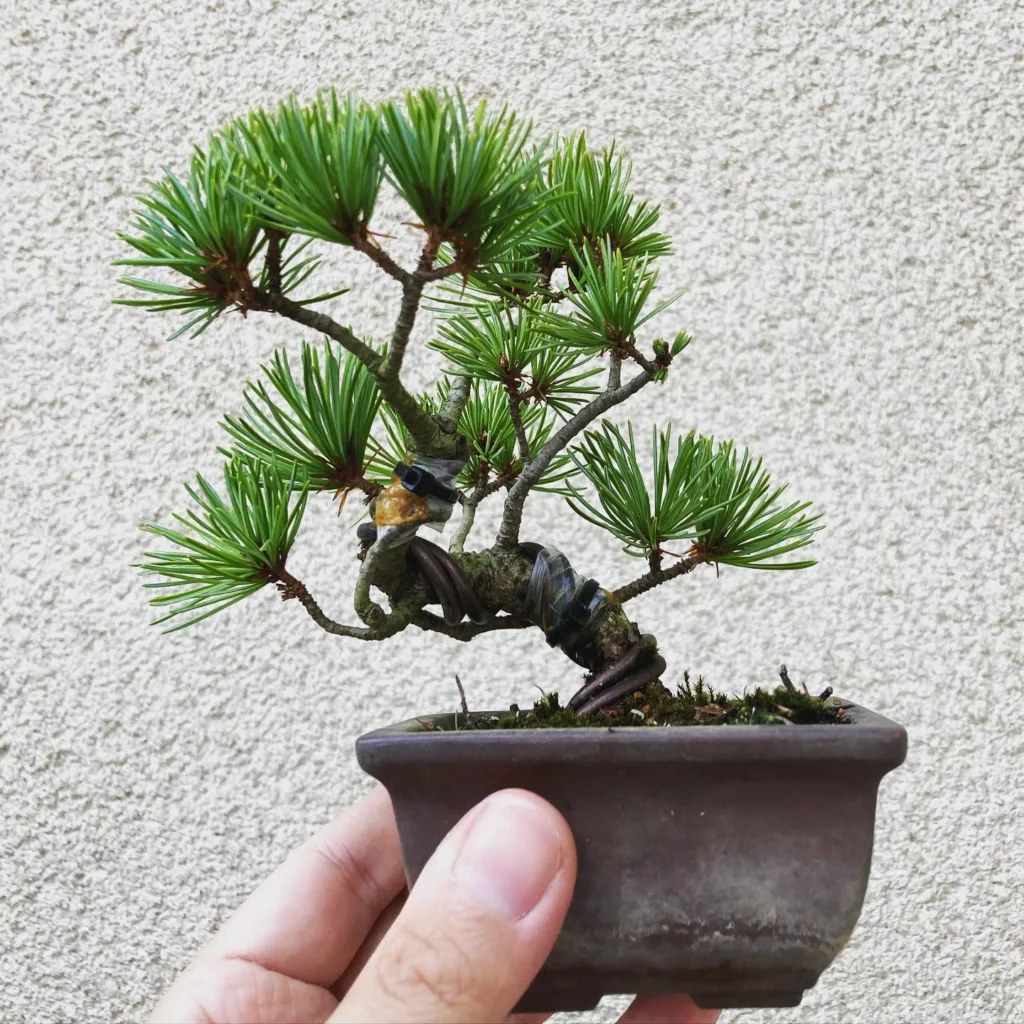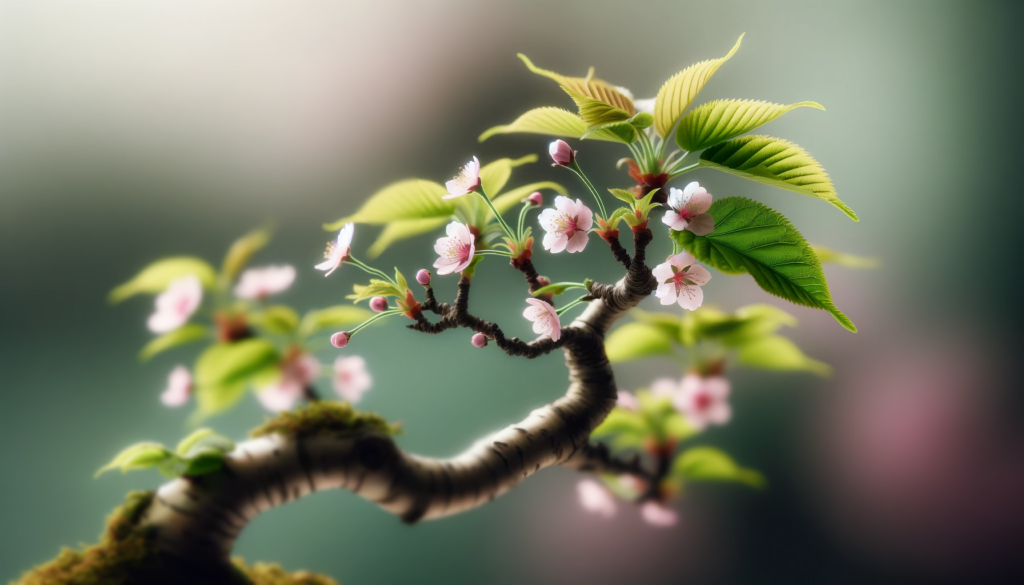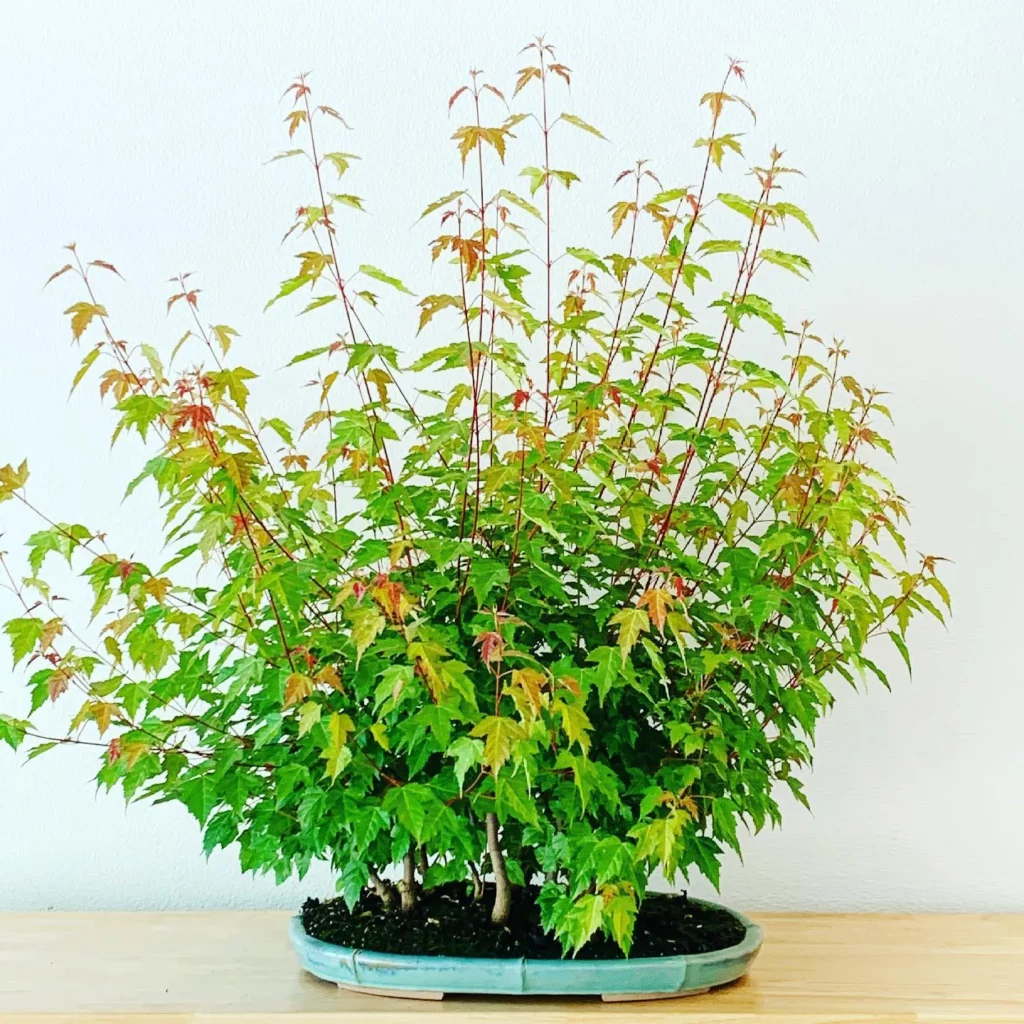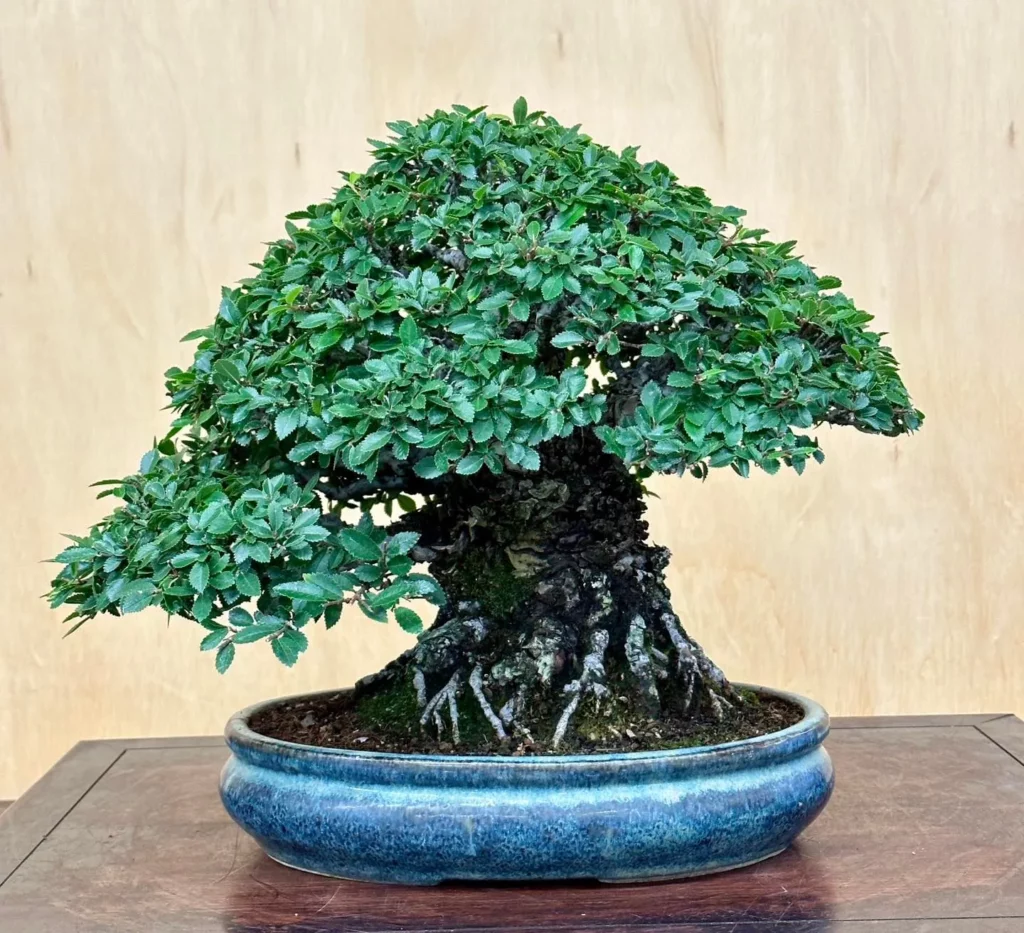Bonsai trees have long been regarded as spiritual symbols, embodying profound meanings. Within the art of bonsai cultivation, these miniature trees represent more than just a creative hobby; they serve as a metaphor for life, balance, and inner reflection.
Key Takeaways:
- Bonsai trees symbolize longevity, harmony, patience, health, and wisdom.
- They represent peace, serenity, and balance.
- The small size of bonsai trees signifies the idea of good fortune in modest packages.
- Bonsai trees are associated with harmony between nature and human creativity.
- They embody the values of stewardship, care, and our interconnectedness with the natural world.
No products found.
Understanding the Spiritual Meaning of Bonsai Trees
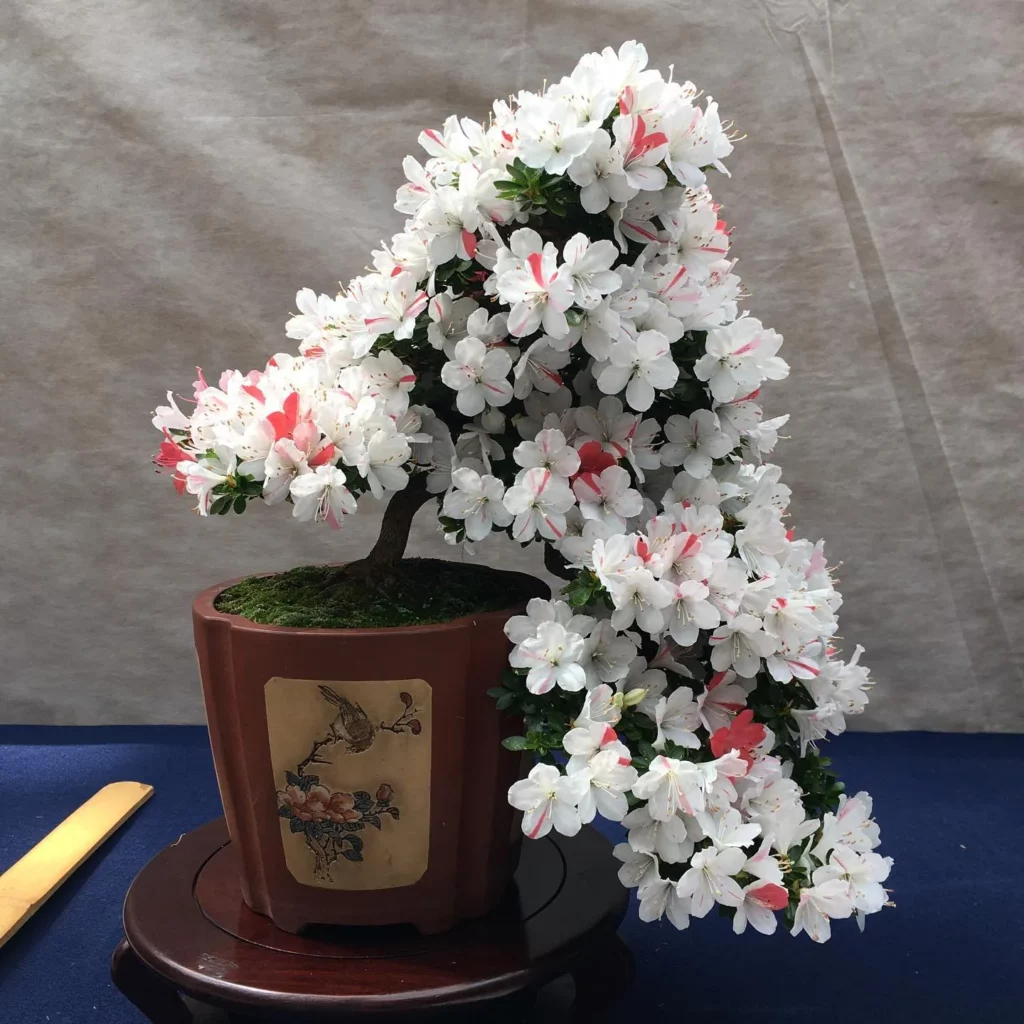
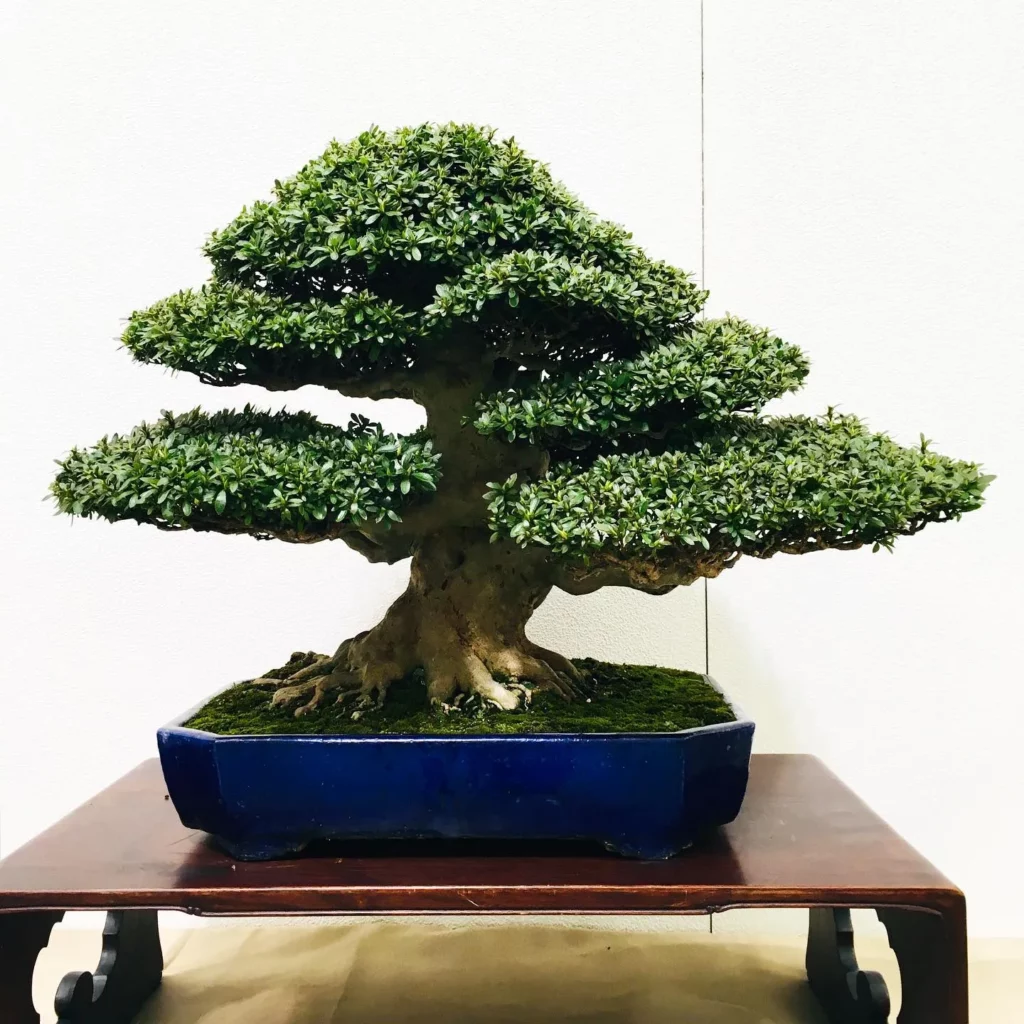
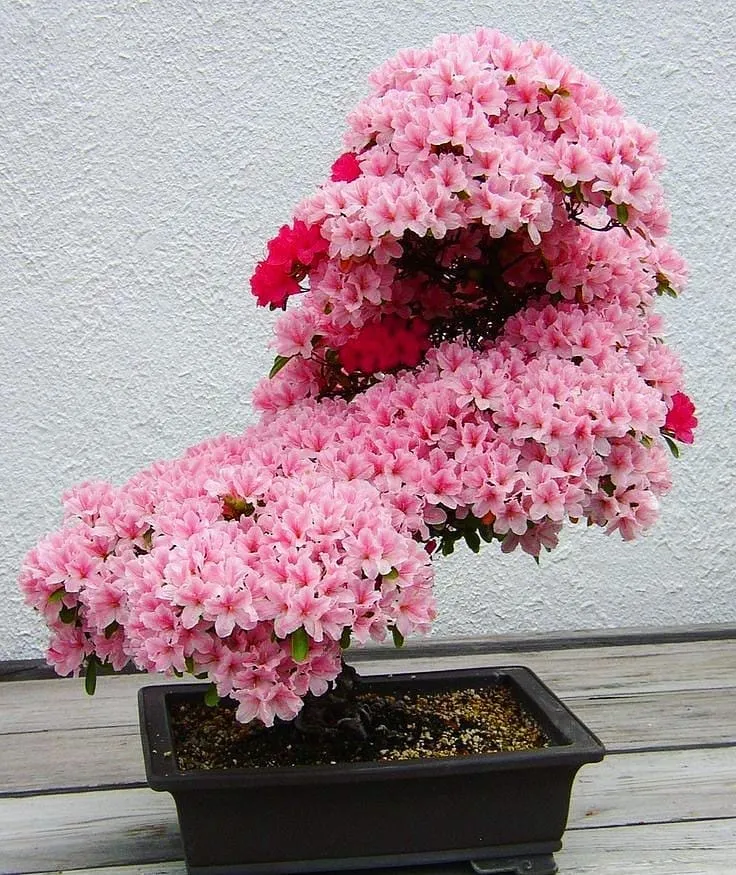
One of the key spiritual meanings associated with bonsai trees is their representation of longevity. Just as these trees require patience and care to thrive, they symbolize the endurance and resilience needed to navigate life’s challenges.
Bonsai trees also embody harmony, mirroring the delicate balance between nature and humanity. As we nurture these miniature creations, we are reminded of the interconnectedness between ourselves and the natural world.
No products found.
The spiritual significance of bonsai trees extends beyond their aesthetics. They serve as a visual reminder for individuals to cultivate patience and wisdom. Observing the slow and deliberate growth of a bonsai tree teaches us the value of taking the time to develop ourselves and trust the process of personal transformation.
| Bonsai Tree Symbolism | Meaning |
|---|---|
| Longevity | Represents endurance and resilience |
| Harmony | Symbolizes the balance between nature and humanity |
| Patience | Teaches the value of personal growth through time and reflection |
“The art of bonsai invites us to appreciate the beauty and wisdom found in the natural world, while also encouraging personal growth and self-reflection.” – Bonsai Master
The Connection Between Bonsai Cultivation and Spiritual Growth
Engaging in the art of bonsai cultivation offers a unique pathway to spiritual growth. The meditative nature of tending to these miniature trees allows practitioners to connect with the essence of life and gain a greater appreciation for the interconnectedness of all living beings.
- Through regular care and attention, individuals develop a deeper understanding of patience, mindfulness, and the cyclical nature of life.
- The act of pruning and shaping the bonsai tree serves as a metaphor for self-reflection, inviting individuals to examine their own personal growth and make deliberate choices to cultivate well-being.
- By communing with nature through the practice of bonsai cultivation, practitioners can experience a sense of harmony, finding solace in the beauty and simplicity of the natural world.
Symbolism and Significance of Bonsai Tree Size
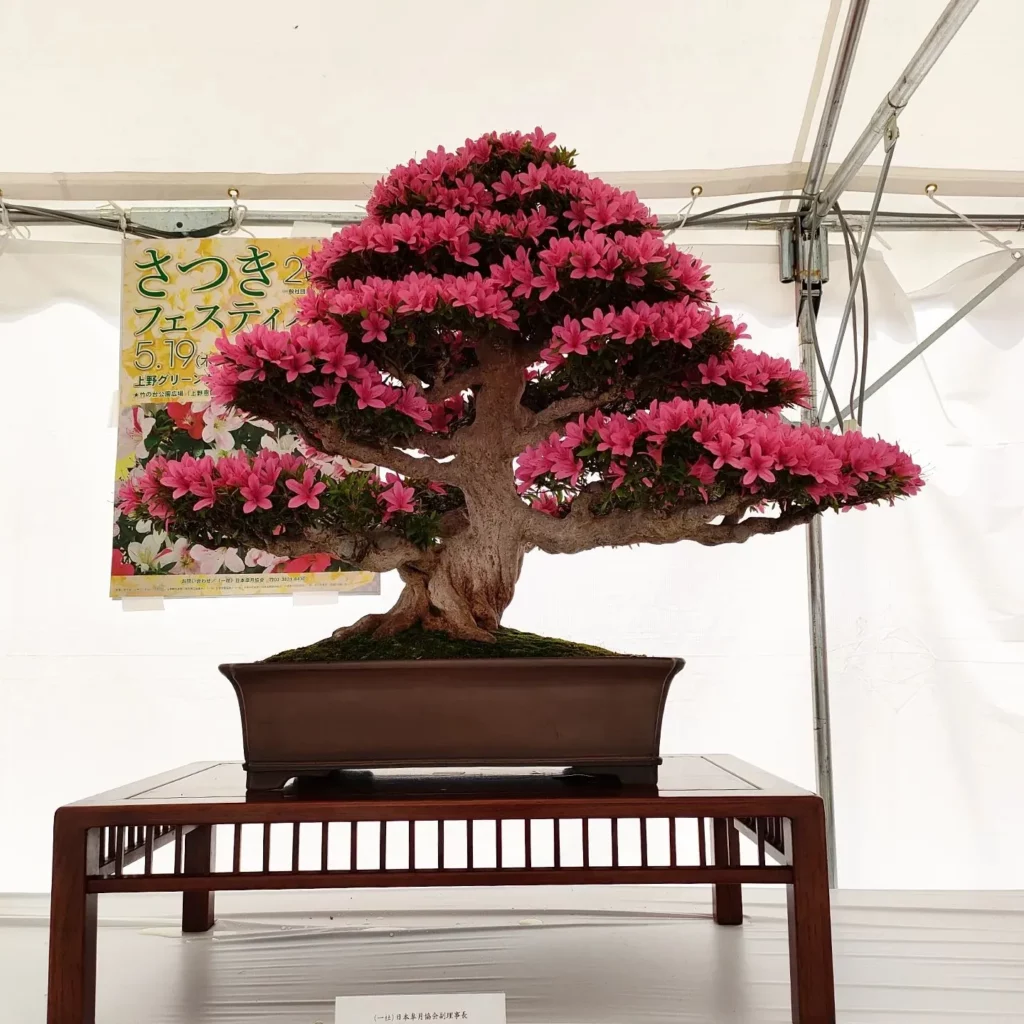
The size of bonsai trees carries hidden meanings and symbolizes the manifestation of blessings in small forms. Bonsai trees, with their diminutive stature, represent the concept of good fortune found in modest packages. These miniature living sculptures embody the beauty and power of nature in a compact form, reminding us that even the smallest things can hold immense significance.
Just as a bonsai tree requires time, care, and patience to flourish, its small size reflects the virtue of resilience and strength. It serves as a reminder that great things can emerge from tiny beginnings. The artistry and craftsmanship involved in cultivating a bonsai tree is a testament to the intricate balance between human creativity and the inherent beauty of nature.
No products found.
A bonsai tree’s size also invites contemplation and introspection. By focusing on a miniature representation of nature, we are encouraged to reflect on the delicate harmony and balance that exists in the natural world. Through the meticulous pruning and shaping of the tree’s branches and foliage, we learn to appreciate the interconnectedness of all living things.
Symbolism of Bonsai Tree Sizes
| Bonsai Tree Size | Symbolic Meaning |
|---|---|
| Small | Good fortune in modest packages |
| Medium | Balance and harmony |
| Large | Wisdom and longevity |
“The art of bonsai lies in its ability to capture the essence of nature in a small, intricate masterpiece.” – Bonsai Enthusiast
- Symbolizes hidden meanings and blessings
- Reflects resilience and strength
- Encourages contemplation and introspection
- Represents the delicate balance between humanity and nature
The Harmony and Balance Within Bonsai Trees



Bonsai trees reflect the perfect harmony and balance achieved between humanity and the natural world. These miniature living sculptures embody a delicate equilibrium, where the creativity of human cultivation merges seamlessly with the beauty and resilience of nature.
The art of bonsai involves meticulous care, patience, and an intricate understanding of horticulture. It is through this process that the harmony between man and tree is fostered.
When tending to a bonsai tree, the cultivator must strike a balance between shaping the tree’s growth and allowing it to develop naturally. This balance mirrors the delicate relationship between humanity and nature, emphasizing the importance of coexistence and mutual respect.
Bonsai trees remind us that we are a part of nature, and that our actions have the power to shape and influence the world around us.
Bonsai cultivation requires meticulous attention to detail. The careful pruning and shaping of branches and roots symbolize the need for balance and restraint in our own lives. Just as we trim away unnecessary aspects of the bonsai tree to reveal its true essence, we too must strive to remove excess and find balance within ourselves.
This practice of shaping and nurturing bonsai trees serves as a reminder of our interconnectedness with the natural world, reinforcing the importance of sustainable living and environmental stewardship.
Bonsai as a Living Meditation
“To understand the true essence of bonsai, one must learn to observe and listen to the tree, allowing its growth to guide the artistic vision.”
Bonsai Trees as Symbols of Peace and Serenity
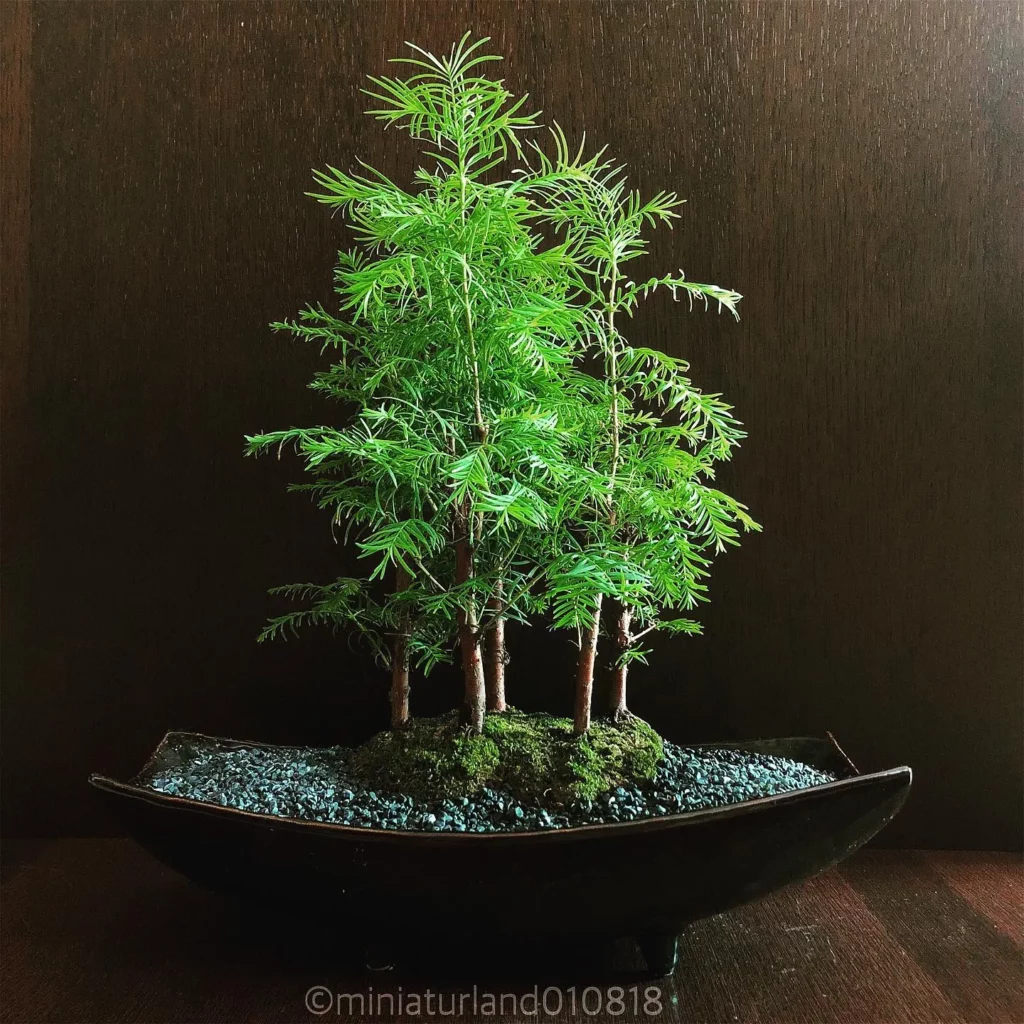
Bonsai trees are symbolic representations of peace and serenity, providing a serene ambiance in any setting. These miniature trees evoke a sense of tranquility and calmness, making them perfect additions to meditation spaces, office desks, or home decor.
With their carefully pruned branches and delicate foliage, bonsai trees create a peaceful atmosphere that encourages relaxation and introspection.
The art of bonsai cultivation is rooted in the pursuit of balance and harmony, both in nature and within oneself. By tending to a bonsai tree, individuals can connect with the serene energy of nature and find solace amidst the chaos of everyday life. The act of nurturing a bonsai tree requires patience, mindfulness, and a deep appreciation for the beauty of simplicity.
“The Japanese concept of wabi-sabi, which embraces imperfection and transience, is closely tied to the aesthetics of bonsai trees. It teaches us to find beauty in the imperfect, to value the passage of time, and to embrace the natural cycle of life and death.”
No products found.
As one gazes upon a well-crafted bonsai tree, they can’t help but be reminded of the importance of serenity and inner peace. Bonsai trees serve as gentle reminders to slow down, breathe deeply, and find moments of stillness in the midst of a hectic world. Their presence is a testament to the power of nature to restore balance and harmony in our lives.
Different Varieties of Bonsai Trees and Their Symbolic Meanings
| Bonsai Variety | Symbolic Meaning |
|---|---|
| Juniper | Wisdom, strength, protection |
| Maple | Balance, peace, tranquility |
| Pine | Longevity, endurance, resilience |
| Cherry Blossom | Beauty, love, renewal |
| Elm | Grounding, stability, intuition |
Bonsai Trees as Symbols of Stewardship and Care
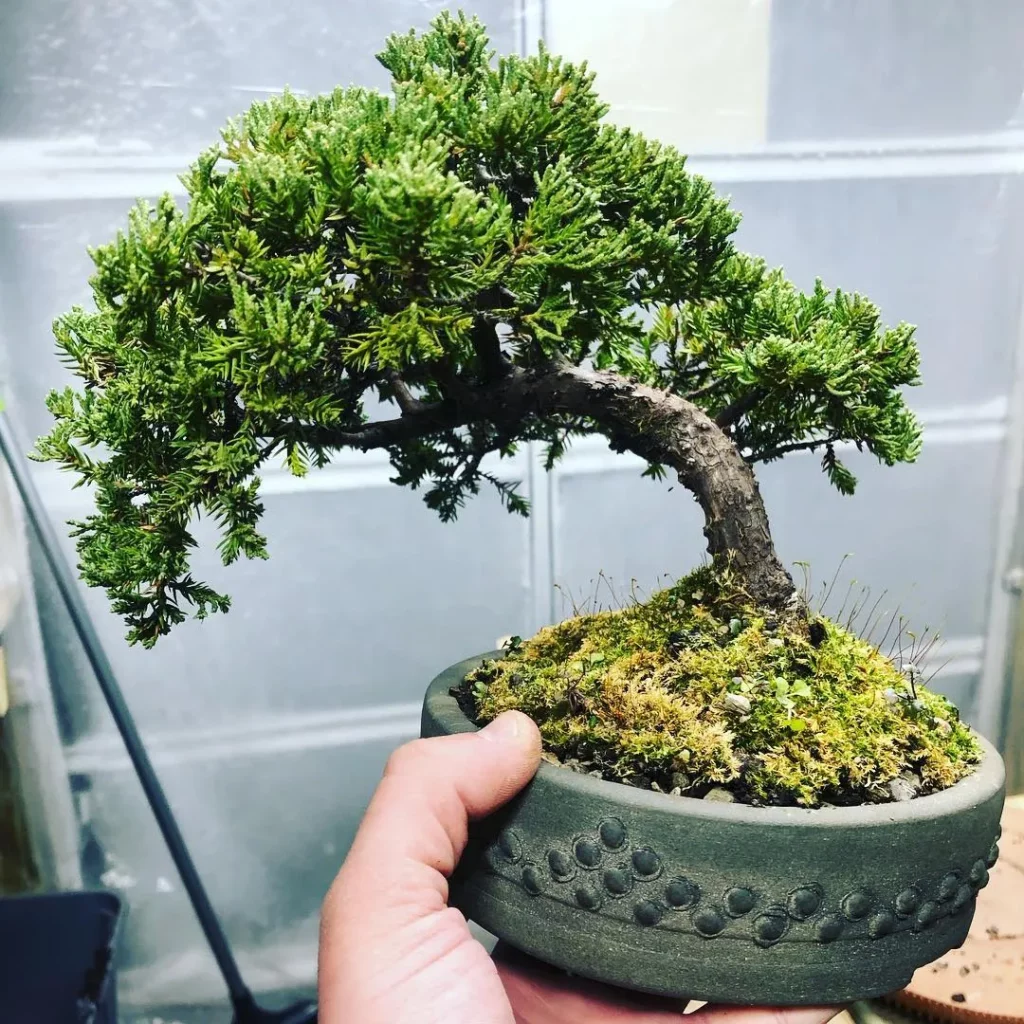
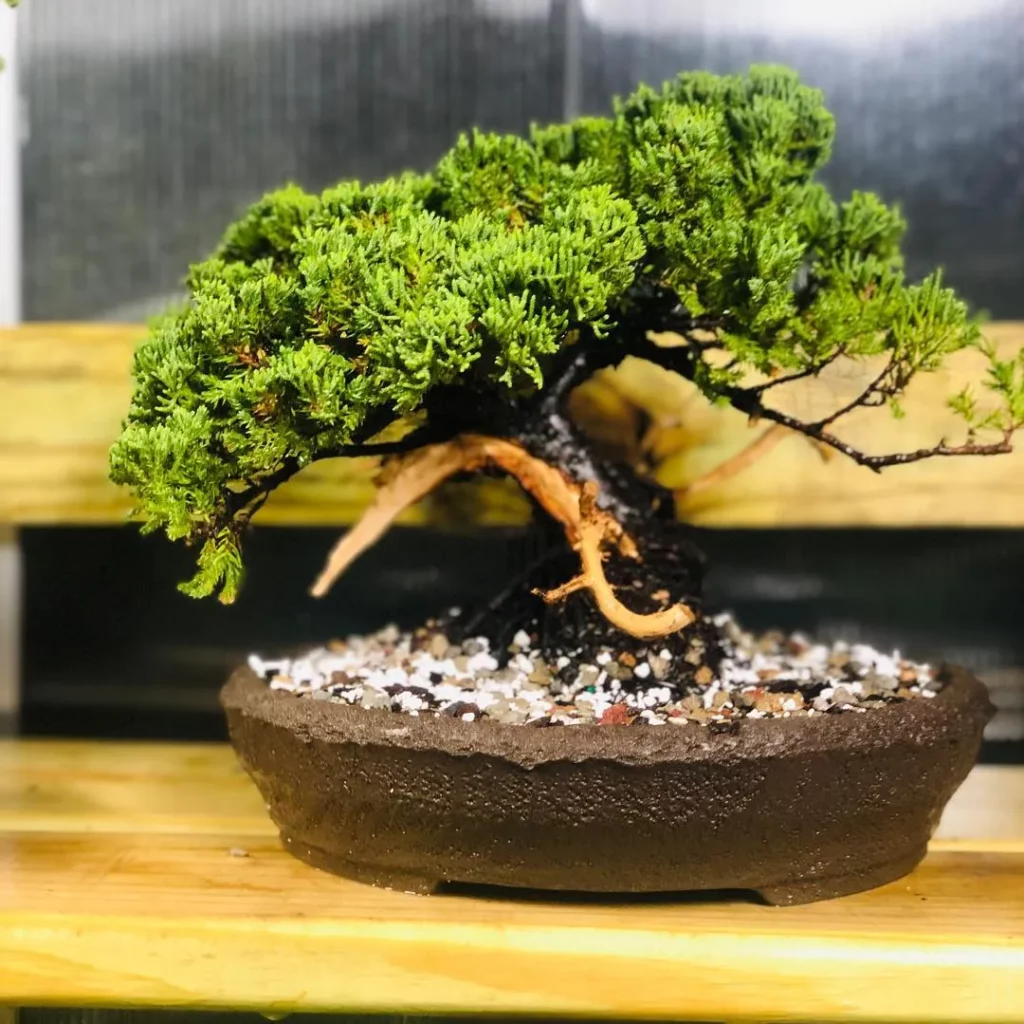
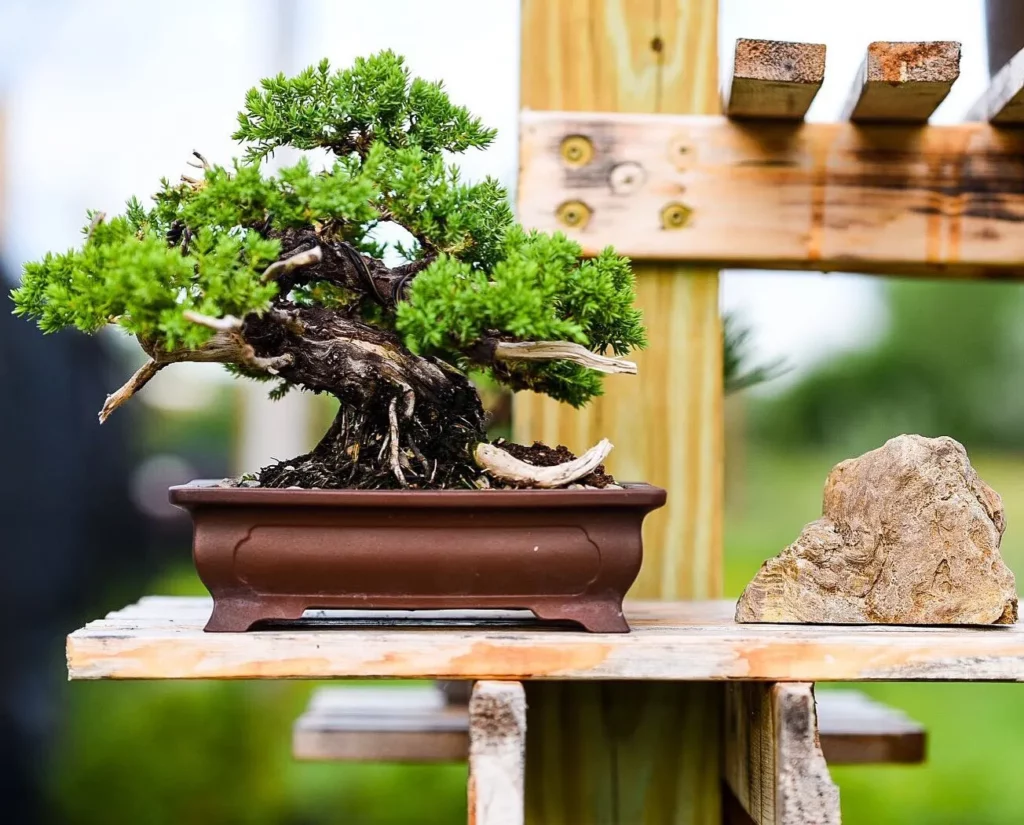
Bonsai trees serve as symbols of stewardship and care, reminding us of our role in preserving and nurturing the environment. In the art of cultivating bonsai, each tree requires meticulous attention and meticulous care to thrive and flourish. This practice serves as a powerful metaphor for the responsibility we have in taking care of our natural world.
Through the process of caring for a bonsai tree, we learn the importance of patience, dedication, and the gentle touch needed to shape and nurture these living sculptures. It is a practice that teaches us to slow down, observe, and listen to the needs of the tree, mirroring the way we need to listen and respond to the needs of our environment.
Just as a bonsai tree can only reach its full potential with consistent care and attention, so too can our planet thrive when we take on the responsibility of stewardship.
| Symbolism | Meaning |
|---|---|
| Patience | The art of bonsai requires patience and a long-term perspective, reflecting the value of patience in all aspects of life. |
| Harmony | Bonsai trees symbolize the balance and harmony between human creativity and the natural world. |
| Stewardship | By nurturing a bonsai tree, we understand the importance of caring for and preserving our environment. |
| Care | Just as bonsai trees require careful attention, our planet thrives when we take conscious and caring actions towards it. |
The Cultural Roots of Bonsai Trees

Bonsai trees originated in China and became an integral part of Japanese culture. The practice of cultivating bonsai can be traced back over a thousand years, with its roots firmly planted in ancient Chinese philosophy and aesthetics.
The Chinese art of penjing, which involves shaping and training miniature trees, served as the precursor to the Japanese art of bonsai. In Japan, bonsai became deeply intertwined with Zen Buddhism, reflecting the Japanese reverence for nature and the pursuit of tranquility and harmony.
The cultural significance of bonsai lies in its ability to capture the essence of nature in a confined space, evoking a sense of wonder and contemplation. The meticulous care and attention to detail required to cultivate a bonsai tree reflect the Japanese concept of wabi-sabi, which celebrates the beauty of imperfection and impermanence.
Bonsai trees are often showcased in traditional Japanese tea gardens, where they serve as symbols of elegance, simplicity, and the transient nature of life.
The art of bonsai has not only captivated the Japanese, but it has also spread to various parts of the world, inspiring enthusiasts and artists alike. Today, bonsai is recognized as a truly global art form, with practitioners from diverse cultural backgrounds embracing its beauty and symbolism.
The cultural roots of bonsai continue to thrive and evolve, with each generation adding new perspectives and interpretations to this ancient practice.
| Symbolism | Meaning |
|---|---|
| Longevity | Representing the desire for a long and fulfilling life. |
| Harmony | Reflecting the balance between nature and human creativity. |
| Peace | Emanating a sense of calmness and tranquility. |
| Wisdom | Symbolizing the knowledge gained through patience and reflection. |
The Artistry of Bonsai Trees
Bonsai trees showcase incredible artistry, captivating viewers with their miniature representations of the natural world. Each carefully pruned branch and delicately shaped trunk tells a story of meticulous craftsmanship and attention to detail.
The art of bonsai involves cultivating these tiny trees in containers, transforming them into living sculptures that evoke a sense of wonder and admiration.
From the ancient practice of bonsai, artists have mastered the ability to create miniature landscapes that transport viewers into a world of beauty and tranquility. The precise arrangement of branches, the careful selection of container, and the integration of moss or rocks all contribute to the overall aesthetic of the bonsai.
These intricate details come together to create a harmonious composition that mimics the grandeur of nature on a small scale.
The artistic process of shaping a bonsai tree requires patience, skill, and a deep understanding of the tree’s natural growth patterns. Artists must carefully prune and wire the branches to achieve the desired shape and form.
This meticulous approach allows the bonsai to embody a sense of balance and harmony, reflecting the delicate equilibrium between human intervention and the innate beauty of nature.
In addition to the visual artistry, bonsai also incorporates the concept of wabi-sabi, a Japanese aesthetic philosophy that celebrates imperfection and transience. Bonsai trees often exhibit signs of age and weathering, which adds a sense of character and authenticity to their overall appearance.
These imperfections contribute to the charm of bonsai, reminding us of the beauty found in both the perfect and imperfect aspects of life.
| Symbolism and Meaning | Artistic Elements |
|---|---|
| Longevity, harmony, patience, health, and wisdom | Careful pruning and shaping |
| Peace, serenity, and balance | Precise arrangement of branches |
| Persistence, strength, and resilience | Meticulous attention to detail |
Personal Growth and Connection Through Bonsai Cultivation
The practice of bonsai cultivation promotes personal growth and fosters a profound connection with nature. As I delve into the art of bonsai, I am captivated by the intricate beauty and symbolism that each miniature tree carries. Bonsai cultivation requires patience, discipline, and attention to detail, qualities that translate into valuable life lessons.
Through the nurturing of bonsai trees, I have learned the art of balance and harmony. Each trim and shaping of the branches, and the careful cultivation of the roots, remind me of the delicate equilibrium between nature’s innate beauty and human intervention.
Bonsai teaches me to appreciate the wonders of the natural world and encourages me to find balance in my own life.
Engaging in bonsai cultivation also provides a space for reflection and introspection. As I tend to my bonsai trees, I am reminded of the impermanence of life.
The slow and deliberate growth of these miniature trees teaches me the value of patience and the rewards that come with nurturing something over time. It is a reminder to embrace the present moment and find joy in the process of growth.
Furthermore, bonsai cultivation helps me forge a deep connection with nature. As I carefully shape and nurture the bonsai, I develop a profound appreciation for the intricate beauty of the natural world.
Bonsai trees serve as a reminder of our interconnectedness with nature and the importance of preserving and caring for the environment. This connection instills a sense of responsibility and stewardship within me, compelling me to make conscious choices that contribute to the well-being of our planet.
“The art of bonsai is not just about shaping trees; it’s about shaping oneself.”Unknown
Final Thoughts on Bonsai Tree Symbolism and Meaning
Bonsai trees hold a profound symbolic meaning that goes beyond being mere miniature trees, representing the delicate balance and beauty of nature. These living sculptures carry deep spiritual significance, embodying values such as longevity, harmony, patience, and wisdom.
The small size of bonsai trees symbolizes that good fortune can come in modest packages, reminding us to appreciate the beauty in simplicity.
Not only do bonsai trees evoke a sense of tranquility and peace, but they also serve as a reminder of our responsibility to nurture and care for the natural world. Their association with harmony and balance reflects the delicate equilibrium between human creativity and the forces of nature.
Bonsai trees are not just decorative ornaments; they are expressions of our connection to the natural world and our aspirations for personal growth.
Originating in China and later embraced by Japan, bonsai trees have become deeply rooted in Japanese culture. Each bonsai variety carries its own symbolic meaning, making them thoughtful and meaningful gifts for loved ones.
The artistry of bonsai lies in its ability to captivate viewers, transporting them into a world of miniature marvels and sparking their curiosity about the wonders of nature.
Engaging in the art of bonsai cultivation is not only a creative endeavor but also a journey of personal transformation. It fosters reflection, patience, and a deep connection with nature, allowing individuals to nurture their own growth alongside these magnificent trees.
By cultivating bonsai, we not only appreciate their beauty but also gain a deeper understanding of the interconnectedness and balance that exists within the natural world.
FAQ
Q: What is the spiritual meaning of bonsai trees?
A: Bonsai trees symbolize longevity, harmony, patience, health, and wisdom.
Q: What values do bonsai trees represent?
A: Bonsai trees represent values such as peace, serenity, and balance.
Q: What does the small size of bonsai trees symbolize?
A: The small size of bonsai trees represents the idea that good fortune can come in small packages.
Q: What do bonsai trees symbolize in terms of harmony and balance?
A: Bonsai trees are associated with harmony and balance, reminding us of the perfect balance between nature and human creativity.
Q: How do bonsai trees represent peace and serenity?
A: Bonsai trees are seen as a symbol of peace and serenity, bringing calm and tranquility.
Q: What do bonsai trees symbolize in terms of stewardship and care?
A: Bonsai trees symbolize stewardship and care, reflecting the importance of nurturing and taking responsibility for the natural world.
Q: Where did bonsai trees originate?
A: Bonsai trees originated in China and were later embraced by Japan, where they became an integral part of Japanese culture.
Q: What is the artistic aspect of bonsai trees?
A: The artistry of bonsai lies in its ability to transport viewers into a world of miniature marvels.
Q: How does bonsai cultivation foster personal growth and connection with nature?
A: Engaging in the art of bonsai cultivation fosters personal growth, reflection, and a deep connection with nature.
Q: What is the deep symbolic meaning of bonsai trees?
A: Bonsai trees represent the balance, harmony, and beauty found in the natural world.


